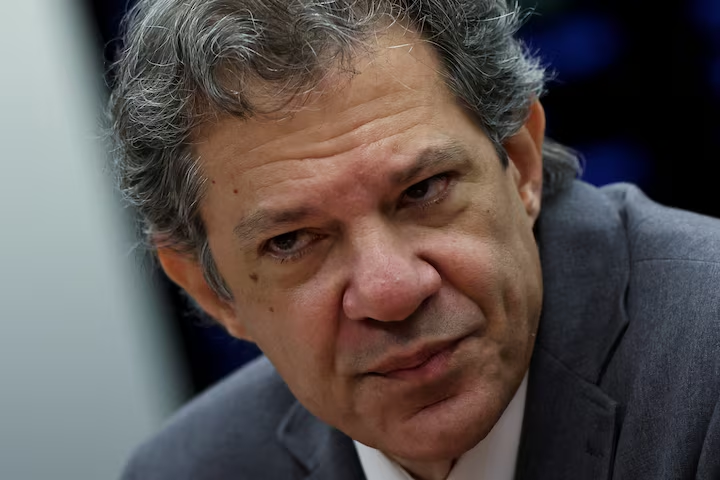Brazil’s government plans to seek direct cooperation from Washington after authorities uncovered a money-laundering network that allegedly used companies registered in Delaware to shield the finances of one of the country’s largest tax evaders. Finance Minister Fernando Haddad said the findings should form part of the broader U.S.–Brazil agenda, especially as the two countries discuss a new trade framework.
Speaking with reporters on Thursday, Haddad said the investigation exposes how U.S.-based firms played a role in disguising funds linked to criminal activity inside Brazil’s fuel industry. He added that Brasília also raised concerns with President Luiz Inácio Lula da Silva about illegal weapons shipped from the United States and entering Brazil through cargo containers.
Operation targets major tax debtor and exposes offshore schemes
Brazilian police carried out a large raid earlier in the day, focusing on alleged money laundering, tax evasion and fraudulent transactions across the fuel sector. Sources told Reuters that the privately owned refinery Refit was the central target of the operation. Authorities said the action followed a similar raid in August, which uncovered billions of reais in suspicious transactions, including links to the First Capital Command — one of Brazil’s most powerful organized crime groups.
Brazil’s tax authority said the company under investigation owes more than 26 billion reais in unpaid taxes at federal, state and municipal levels. Officials also described a network that allegedly moved 72 billion reais in a single year through local companies, investment funds and offshore structures to hide revenues.
Refit denied wrongdoing. In a statement, the company said it is contesting the tax claims in court and insisted it has not concealed profits or engaged in fraud.
Haddad argued that joint U.S.–Brazil action is necessary because the money flows and weapons routes run through both countries. He said the government can show Washington how funds were illicitly moved abroad and provide evidence of arms arriving from the United States.
Tax revenue secretary Robinson Barreirinhas said many of the Delaware-based companies involved exploited loopholes that allow firms with no U.S. income to avoid taxation. According to him, the structure created conditions that criminals often use to launder money while remaining shielded from oversight.
As Brazil continues to expand its campaign against organized crime, officials say deeper international cooperation, especially with the United States, will be crucial to dismantling the networks that operate across borders.


